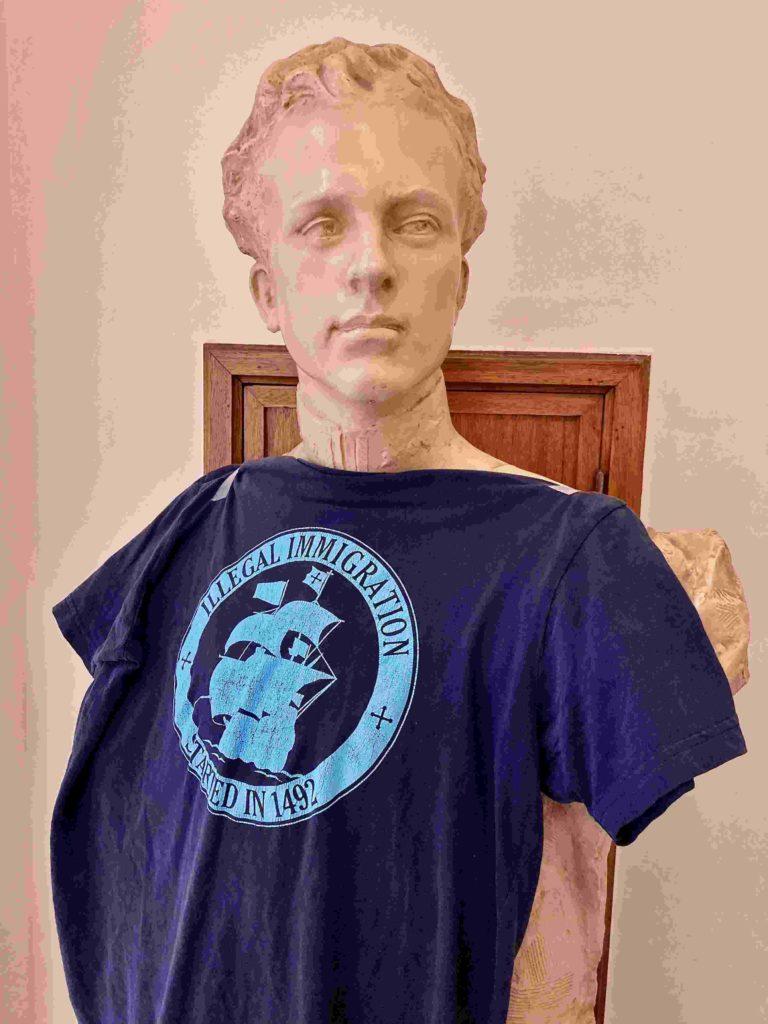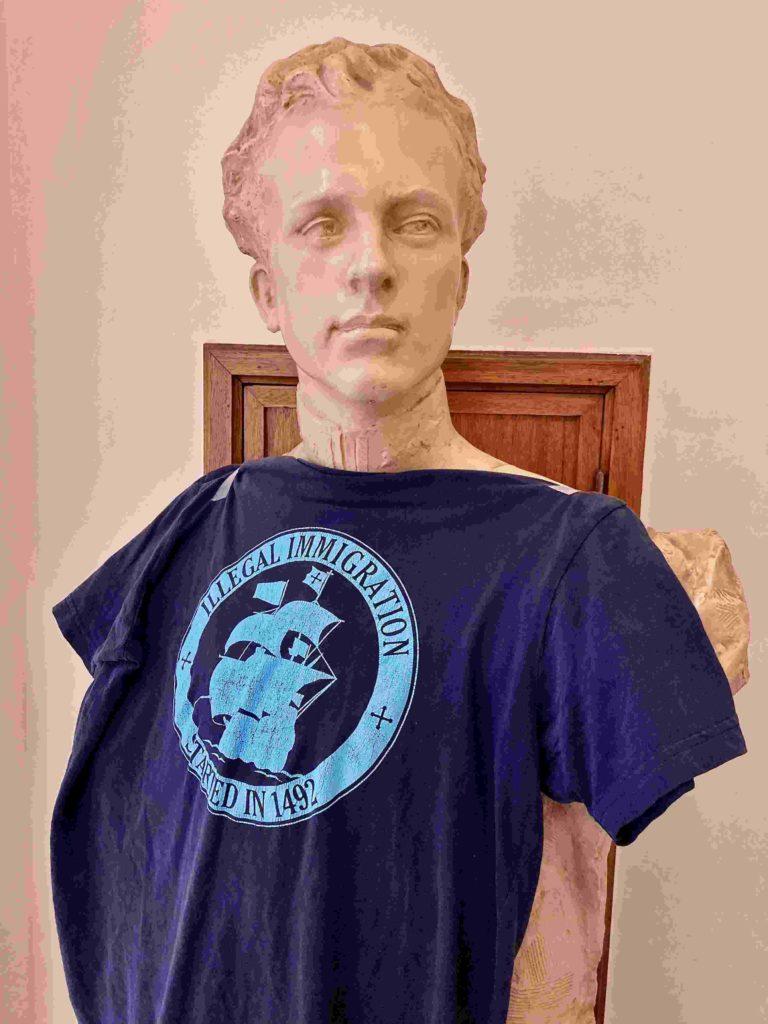
In less than four weeks from now, three dozen Emerging Voices from all over the world will gather in Medellín, Colombia, for their final leap towards exposure. Following ten days of face-to-face coaching, they will be the next cohort (EV2022) of an established Thematic Working Group of Health Systems Global and will have their rite of passage at the 7th Global Symposium in Health Systems Research (HSR2022) in Bogotá. The Symposium, themed ‘Health Systems Performance in the Political Agenda’, aims at ‘Sharing lessons for current and future global challenges’. Among the priority themes that the EV coaching will focus on are violence and health, and migration and health.
The HSR symposium never before took place in Latin America. I would argue that finally ‘going Latin’ provides an opportunity not to be missed. There’s plenty of things to learn from Latin America, both conceptually and practically, that usually go unseen in the dominant Anglophone research and policy communities. Allow me to briefly elaborate on one example: decolonisation.
Decolonisation, in global health and beyond, is without doubt a hot topic. But all too often, our scope is short-sighted and the way forward ill-defined. Can Latin American thought broaden our understanding and contribute to a road map worth walking?
For a European whitey (which I confess I am, even male and white-haired), it might come as a surprise that Latin Americans updated the well-known social determinants framework by adding ‘ongoing colonialism’ as a structural driver of health inequities in a 2019 PAHO flagship report. After all, most Latin American countries already ‘decolonised’ around the time Belgium came into existence. As an inhabitant of the latter, tiny yet infamous colonial power, I might be tempted to see colonialism as something restricted to the African continent we co-colonised in the late 19th century. Unhappily ever after, though, such myopic framing is also becoming the dominant scope of (much of) the decolonisation discourse. Yet, noting the exceptions of a few Iberian excursions along African and Indian coast lines, old Europe started massive colonisation in 1492, and did so first in the Americas (now you finally grasped the meaning of this weird picture of a Belgian king with an ‘illegal migration’ T-shirt). If any peoples have a large experience with colonialism to learn from, it must be the survivors of the native Americans, joined by the descendants of the Africans we enslaved and sent over. We should thank Latin America for reminding us of the wider picture, in both space and time. This leaves us with the question why Latin American scholars bring this up two centuries after having gained ‘independence’.
First of all, because this independence has never been real, as was indicated first and firmly more than half a century ago by the Latin American (yes, again) dependency school.
Second, and intimately related to the first, because formal independence failed to erase the legacy of European colonialism. That legacy is called coloniality, or coloniality of power. The term was coined two decades ago by Quijano (yes, another Latino). Among other things the concept helps us to realize that today we are in fact all colonised, and that we need no more nation states to become colonised (in times of consumerism, capital doesn’t need middlemen anymore…). And, as far as Latin America is concerned, coloniality is omnipresent and ever increasing: in racism, in violence, in market reification, in extractivism, and in rampant inequity. No wonder Latin American health scholars felt the need to make this explicit in the updated social determinants framework.
But Latin America also offers us a way out, one that is highly relevant for health and helps us think out of the box: Buen vivir (living well). Grown out of discontent with Western development paradigms and building on alternatives from indigenous traditions, it is a concept, a social movement and a road map, but not a copy-paste blueprint. It aims to be community-centric, ecologically balanced and culturally sensitive. As such, it is the practical application of what Quijano called the ‘decoloniality of power’ (my italics). In essence, it is a ‘rethinking of the future we want’. With a track record of less than two decades, ‘Buen vivir’ already made it into the constitution of Bolivia and Ecuador. While in both cases co-optation by party politics was an issue, this did not prevent the concept from receiving worldwide attention. Eventually, early 2022, ‘Buen vivir’ was declared one of the pillars of the ‘People’s charter for an eco-social world’ at a global summit co-organised by the United Nations Research Institute for Social Development.
I truly hope that EV2022 and HSR2022 will be the next steppingstone to co-construct an equitable and liveable future, for health and beyond, for mankind and nature alike.
